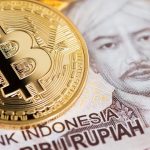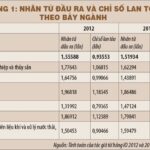In other words, cryptocurrency trading in Vietnam is not prohibited, but there are also no regulations in place to protect investors. This has inadvertently made cryptocurrencies a fertile ground for scammers, with scams amounting to tens of thousands of billions of Vietnamese Dong.
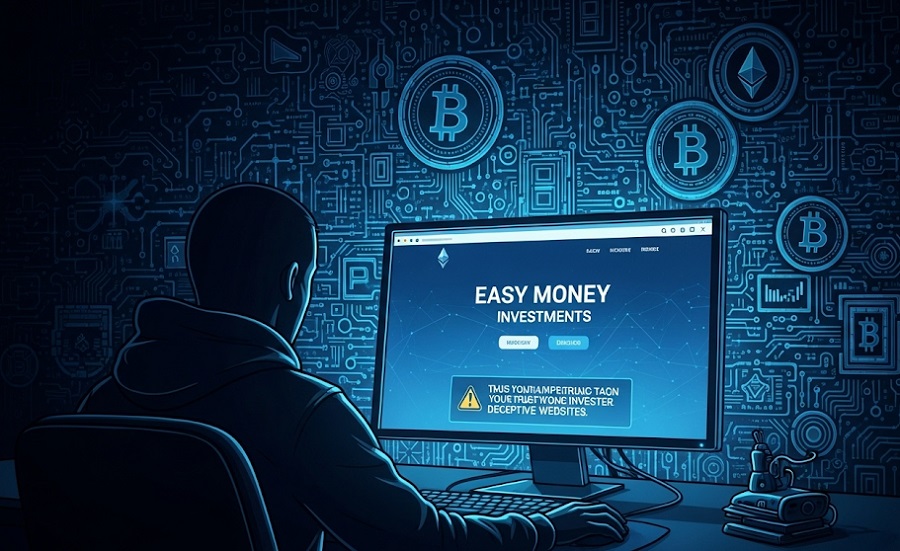
From cryptocurrency scams worth thousands of billions
In 2018, public opinion was shocked by a large-scale scam called iFan and Pincoin – two cryptocurrency projects promoted by Modern Tech JSC. In October 2017, the individuals behind Modern Tech lured investors to participate in these projects with a promised profit of 48%/month and a commitment to return capital within just four months. Hiding under the guise of a high-tech investment project and a glamorous facade by setting up their headquarters in a luxurious building in the center of District 1, Ho Chi Minh City (now Ben Nghe Ward), the project attracted tens of thousands of investors and a huge amount of money.
However, the nature of Modern Tech’s investment was a Ponzi scheme – using new investors’ funds to pay existing investors. To promote the network’s development exponentially, they offered an 8% commission to those who could attract new participants – a telltale sign of a pyramid scheme. They also organized extravagant events, illegally exploited the images of celebrities to promote their project, and took advantage of the public’s trust.
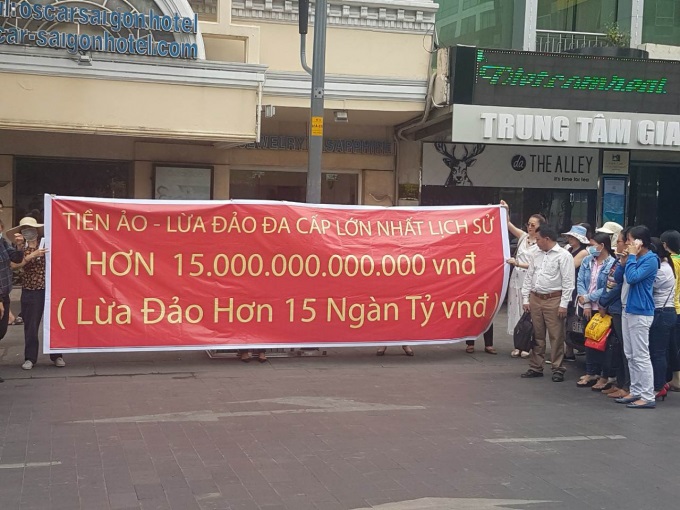 Numerous investors protested at Modern Tech’s headquarters, demanding their money back.
|
And, like other Ponzi schemes, Modern Tech quickly collapsed. On April 8, 2018, many people came to the company’s headquarters with banners and placards, accusing the company of fraud and appropriating their assets. But by then, Modern Tech had ceased operations, and there were no employees to be found. The subsequent investigation revealed that about 32,000 people had fallen victim to this company, with a total loss of 15,000 billion VND.
While iFan showcased audacity, the Matrix Chain (MTC) cryptocurrency scam demonstrated the evolution and increasing sophistication of digital currency crimes. The case was discovered by investigative agencies in early 2024, and by May 19, 2025, five suspects related to this scam had been arrested in Dong Nai. It was confirmed that this network had defrauded more than 138,000 accounts, amounting to over 10,000 billion VND, indicating an enhanced level of organization and operational scale.
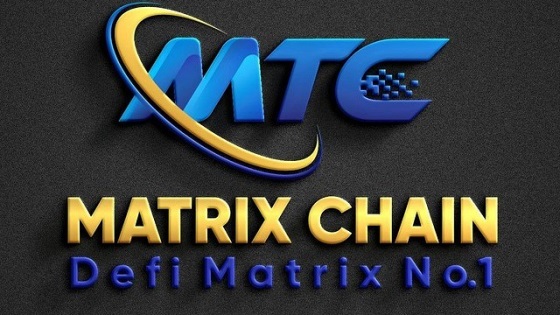 The MTC project was one of the largest cryptocurrency scams in recent years.
|
Instead of merely promising huge profits, the individuals behind MTC created a more complex technological ecosystem. They hired anonymous programmers to work through Telegram – a messaging application that is challenging to trace and manage – to develop the MTC project. The MTC tokens were announced as the project’s official tokens, serving online cryptocurrency transactions, lending, and money transfers.
Investors would contribute capital through a “Vote” mechanism. Each vote cost 31 USD, and two votes were allowed per day. Due to the daily vote limit, some individuals created dozens or even hundreds of accounts to invest. The scammers claimed that this was not a Ponzi scheme, arguing that the money from votes would go into a bonus fund, from which profits would be distributed. The investor community spread news about a “bottomless bonus fund,” and the number of participants grew rapidly due to attractive commissions and faith in the “potential and super profits” that the scammers touted to entice people.
However, these tokens had no actual value and were only usable by those already invested in the project. To lure victims, this group organized promotional events, built a multi-level marketing system, and divided the investors into three regions from North to South. More subtly, they operated the project on the SafePal digital wallet and the B2B Smart Trade platform, which are genuine technological platforms, causing even experienced individuals to fall into the trap.
Why are cryptocurrency scams so prevalent?
Westerners often say, “there’s no such thing as a free lunch,” implying that nothing in life is truly free, and seemingly generous offers are often traps. Cryptocurrency scams operate by exploiting human greed through promises of abnormally high profits.
However, it’s essential to empathize with the victims because scammers don’t operate so simply. They always hide behind glamorous facades, organize extravagant events, misuse celebrities’ names, make enticing promises, and manipulate psychology skillfully to build trust and lure victims into their traps.

The scammers use cunning tactics to lure their victims. (Illustrative image)
|
Additionally, an undeniable fact is that in 2024, Vietnam was among the leading countries in terms of digital currency usage, with approximately 17 million people owning digital wallets, accounting for 17% of the population, according to Triple-A. Moreover, according to Chainalysis’ report “Global Crypto Adoption Index 2024,” Vietnam ranked fifth globally in digital currency ownership, after India, Nigeria, Indonesia, and the United States.
Looking back, at the time these incidents occurred, Vietnam had not yet recognized digital currencies. For instance, Decree 52/2024/ND-CP defined “electronic money” as the Vietnamese Dong value stored on electronic media, but cryptocurrencies like Bitcoin were not recognized as legal means of payment. Digital assets were also not legally recognized as assets, creating a legal gray area for a market worth billions of USD.
The lack of recognition meant that there were no cryptocurrency exchanges based in Vietnam, forcing investors to turn to foreign exchanges. A large and unregulated market provided opportunities for scammers to carry out their schemes, resulting in scams worth thousands of billions of VND.

Illustrative image
|
The need for a robust legal framework for cryptocurrency exchanges
On June 14, 2025, the National Assembly passed the Law on Digital Technology Industry, which will take effect on January 1, 2026. This is Vietnam’s first law to comprehensively regulate the digital technology industry, with the most critical point being the official recognition and definition of digital assets, ending the legal ambiguity that has persisted for many years.
Notably, the government has also planned to pilot a centralized cryptocurrency exchange. According to Deputy Minister of Finance Nguyen Duc Chi, the exchange will be organized by units and enterprises licensed by the State. This move will enable the State to protect the rights and legitimate interests of organizations and individuals participating in the digital currency market.
This approach is considered appropriate by experts, allowing the government to observe, evaluate, and adjust regulations flexibly, bringing unregulated transactions under the supervision of management agencies. Licensed exchanges will be required to implement procedures such as KYC (Know Your Customer) and anti-money laundering measures and meet cybersecurity standards, helping to curb scams and reduce investment risks.
Additionally, with the recognition of digital currencies as assets and the establishment of exchanges, a clear tax regime is also necessary. Similar to the stock market, profits from cryptocurrency transactions should be taxed. According to Chainalysis, the value of cryptocurrency transactions in Vietnam in 2024 reached 105 billion USD. Assuming a tax rate of 0.1% similar to the stock market, the state budget could collect over 1 billion USD (approximately 26 trillion VND) annually.
– 11:30 18/07/2025
The Great Crypto Con: Why Regulation of Digital Asset Exchanges is Urgent in the Wake of Billion-Dollar Scams
Investing in cryptocurrencies in Vietnam is currently in a legal gray area. While the law prohibits the use of cryptocurrencies as a legitimate means of payment, it falls short of providing clear regulations regarding ownership and trading. The recently passed Digital Technology Industry Law will not come into force until 2026, leaving the current legal framework ambiguous.
MetaMask partners with CoinLedger for easier tax reporting
CoinLedger teams up with MetaMask to provide interactive and seamless functionality for MetaMask users in reporting their cryptocurrency transactions. With this collaboration, users can easily track and manage their digital assets, ensuring transparency and efficiency in their financial activities. This partnership aims to enhance the user experience and reliability of cryptocurrency transactions, taking convenience and security to the next level. Say goodbye to complex and time-consuming reporting processes, and say hello to a seamless and intuitive solution for managing your cryptocurrency portfolio. Experience the power of CoinLedger and MetaMask together, and take control of your digital assets like never before.



